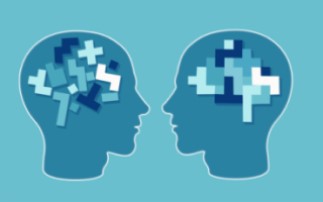During conversations in noise, we don’t hear every word or sound. Top-down perceptual restoration allows us to fill in missed information, but what abilities make this process easier for some people than others? As part of his PhD work, Andrew Burleson conducted a remote study to measure how individual cognitive and linguistic abilities affect the ability to fill in missed information. Adult listeners were better able to overcome speech gaps if they had higher working memory, better executive function, and greater lexical knowledge. Study results were presented at the 2022 International Conference on Cognitive Hearing Science for Communication. Additional work is underway to expand the study with more detailed cognitive and auditory tests.


